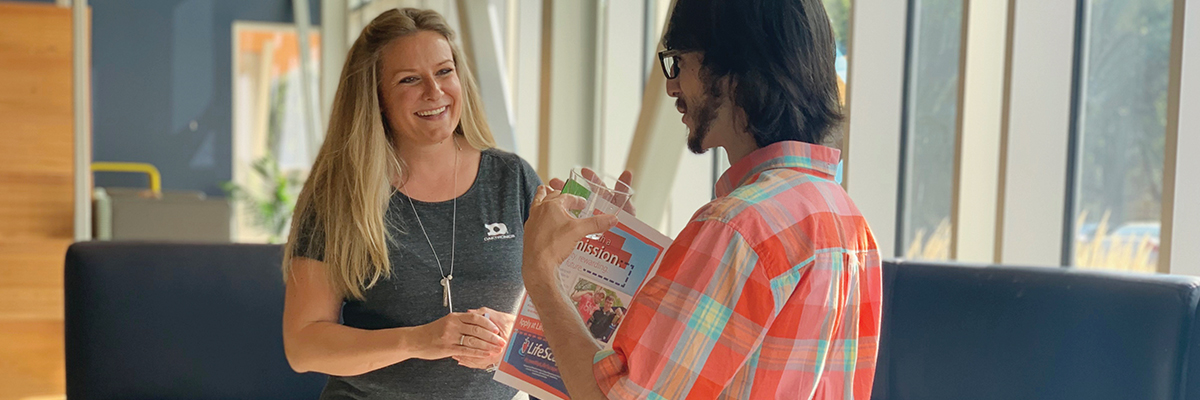

Thanks to a grant from the Community Foundation, a new program is helping high school juniors and seniors chart a course to success through exposure to different career opportunities and access to post-secondary education, while
also addressing the city’s workforce needs.
For most kids, senior year is about making memories while celebrating the last iconic moments of high school — the last football game, the last school dance, the last lunch in the school cafeteria.
But not for Elda Aquino Ortega.
Ortega, a senior at New Tech High School in Sioux Falls, is planning to make her senior year a year of firsts.
Over the next nine months, Ortega, a native of Guatemala, will spent time touring and learning about local businesses, connecting with business leaders, building hands-on experience, and earning college credit as one of approximately 40 high school juniors and seniors who are participating in the Career Connections Program, a new initiative designed to help address the city’s workforce challenges by offering high school juniors and seniors early career exposure, job shadowing opportunities and access to post-secondary curriculum.
“This is an opportunity for me to get some great career experience,” Ortega said. “I’m excited.”
A grant from the Community Foundation made it possible for the Career Connections Program to launch.
It’s a grant that Foundation President Andy Patterson calls “an investment in the future of Sioux Falls.”
“In order to build a better, stronger and more vibrant community, we need to invest in the next generation of thought-leaders and change-makers,” Patterson said. “We’re proud to support the Career Connections Program because we believe combining experiential learning opportunities with professional mentorship and academic guidance can help students in our community chart a course to success, while also helping to address our city’s workforce development challenges.”
Developed by the Sioux Falls Development Foundation and endorsed by the Forward Sioux Falls Strategic Workforce Action Agenda, the Career Connections Program officially launched this fall.
Approximately 40 students who are first-generation Americans or are low income make up the program’s inaugural class.
Denise Guzzetta, vice president of talent and workforce development for the Sioux Falls Development Foundation, called the grant a game-changer.
“Without this grant from the Sioux Falls Area Community Foundation, the Career Connections program would not have been possible,” she said. “We are so appreciative of the Foundation’s support, and we’re grateful for their belief in workforce development, in education and in the need to invest in building a better tomorrow.”
Hands-On Experience, Professional Connections
Guzzetta said the idea behind the program is to help students determine their best pathway into the workforce.
“Among those who graduate each year from Sioux Falls public schools, approximately 600 do not pursue any form of post-secondary education,” Guzzetta said. “We want to reduce this number. We think this program will provide good opportunities for kids in Sioux Falls, while also addressing our city’s growing and changing workforce needs.”
For Ortega, her dreams include becoming a teacher, or possibly a principal, someday.
Since moving to Sioux Falls at age 12, she’s been motivated to make her dream a reality. She’s worked hard in school and, during her freshman year, she decided to apply for a hostess job at Olive Garden.
“I didn’t know anything about how to act in an interview or how what things to say, so I asked my teachers to help coach me,” Ortega said.
The coaching helped. Ortega landed the job and still works at Olive Garden today.
That same kind of professional coaching, mentoring and hands-on experience are all things Ortega is hoping to take away from the Career Connections Program.
Professional Experience, Access to Education
Career Connections is a multi-faceted endeavor.
One aspect of the program helps students create professional connections, gain hands-on experience and build intangible skills — effective communication, time management, information analysis and more — by spending time at local businesses who have signed on to partner in the initiative.
Local businesses currently participating include First Premier Bank, Five Star Call Centers, Grand Prairie Foods and Muth Electric.
Students will spend the fall semester meeting with leadership teams from each participating business and touring facilities to help discern where their vocational interests lie and what industries they’re most drawn to.
In the spring, students will spend time each week in the business/industry they’re most interested in.
Angie Nath serves as the director of human resources for Five Star Call Centers. She called Five Stars’ participation in the program a “win-win.”
“As an employer, we’re always looking for ways to be involved in the community and help with workforce development,” she said.
Lyndon Maas, chief financial officer for Muth Electric, agrees.
“We are willing to invest in these kids. Here, we believe that surrounding kids with support — financial support, mentorship, training — it can change the trajectory of their lives,” he said.
Nath said she hopes students in the program will not only gain valuable experience and make professional connections, but that they’ll also see the long-term possibilities for career development.
“You don’t often hear people say they want to work in a call center, but we want people to be aware of the opportunities that exist here — not just on the phone, but in IT, marketing, management and more. We like to promote within, so we’re eager to show there’s a career progression here.”
Another aspect of the program provides assistance to help students pursue some form of post-secondary education, such as a certificate program, a technical degree, or an associate’s or bachelor’s degree from a school within the South Dakota Board of Regents’ system.
Participants will attend classes at their home high school and at CTE Academy, USD Community College for Sioux Falls or Southeast Technical College. They’ll also begin concurrent or dual-credit coursework free of charge at these institutions while completing their high school diploma within the Sioux Falls School District. The program also offers financial assistance to cover tuition, books and fees at USD Community College for Sioux Falls or Southeast Tech while in high school.
Ortega sees the post-secondary education element of the program as particularly valuable. This year, she’ll earn college credit for two classes she’ll be taking at Southeast Tech. She plans to transfer those credits to the University of South Dakota where next fall, she plans begin pursuing a bachelor’s degree in education.










